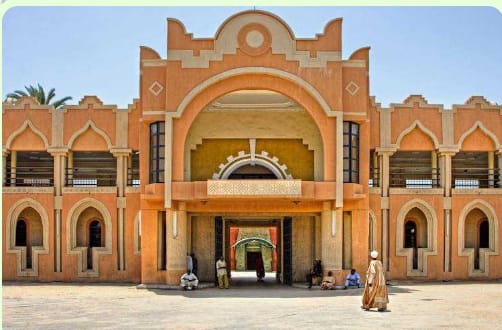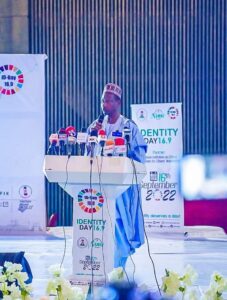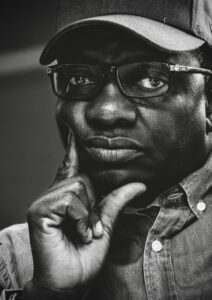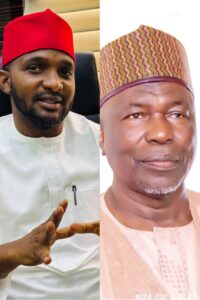
By Usman Muhammad Salihu
Our traditional institutions are those institutions built based on historical culture, norms, values as well as the religious beliefs of the said community oftenly headed by an Emir, Igwe, Oba, etc as the case may be.
Like almost every society, Nigeria is also not excluded as it witnesses the eras where traditional rulers stirs the activities of their various communities effectively especially before the the coming of colonial masters.
Despite not having formal power, our traditional institutions are well equipped and standard which paved a way for colonial masters to have an effective indirect rule especially in the Northern Nigeria and partially effective in Western Nigeria as well as total ineffective in the East. This is as a result of how sound and effective our traditional institutions are.
The institutions have witnessed a seriously downgrade especially after the independence as political office holders where placed far above our traditional rulers who mingle as well as coexist, have the knowledge of what the community need and the solutions to it’s tremendous problems in most cases more than those elective politicians.
The impact of these institutions cannot be overemphasized as they play vital roles of mediating people, solving minor conflicts, enhancing the identity of one another, custodians of culture as well as tradition among other impacts.
The opinions and commands of these traditional rulers are hold, considered and abide by the people of their various communities with high esteem to the extent that they are considered sacred in some communities.
They also promote peace, foster unity and cohesion, and also promotes harmonious relationship as one of the aim of government especially between their various communities which brings a rapid development.
Also Joseph I. aversed that ‘traditional rulers are bridge builders that could be used by the government to cement the existing relationship among the various ethnic groups in Nigeria’.
The major factor setting our traditional institutions backwards is the absence of definite factor or roles of these institutions in the 1999 constitution of this great country also since 1979.
These institutions have a major role to play in the maintenance of peace, security and rule of law as well as developmental goals in the country, hence the need to revive them as they are more closer to the people.
The government as a matter of urgency should enact a law that will give these institutions a recognition in the constitution as well as backing. This will enable them to carry out their obligations effectively.
Government should also partner these institutions in terms of policies implementations in such a way that when they make a resolution, the government should critically look into it and see the possibility of implementing them if they fit our contemporary society.
They should also be encouraged in terms of security of their respective domains.
As grassroot leaders who are more closer to the people, they may have some knowledge of security issues relating to the community, when this is handle with utmost importance and secrecy, it will definitely help in curbing the menace of insecurity facing our country as issues relating to security will be handled both by the government and traditional institutions.
In conclusion, these institutions when revived and carried along constitutionally, have a great impact not only on issues relating to development of their various communities but also that of security. Looking back to the predate society where even a guest most be known by the community leaders from his arrival up to his departure.
As grassroot leaders, people have great respect for them. Their says are considered, abide and hold with high esteem by their followers as the custodians of culture and traditions. These institutions are in a perfect position in bringing lasting solutions to the problems setting back our country if carried along.
Usman Muhammad Salihu is a HND student, department of Mass Communication, Abubakar Tatari Ali Polytechnic, Bauchi State.
Can be reached via
muhammadu5363@gmail.com.


